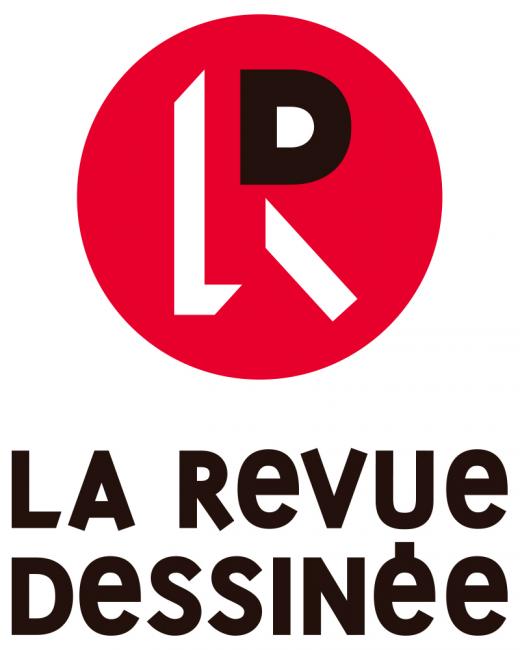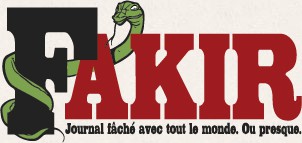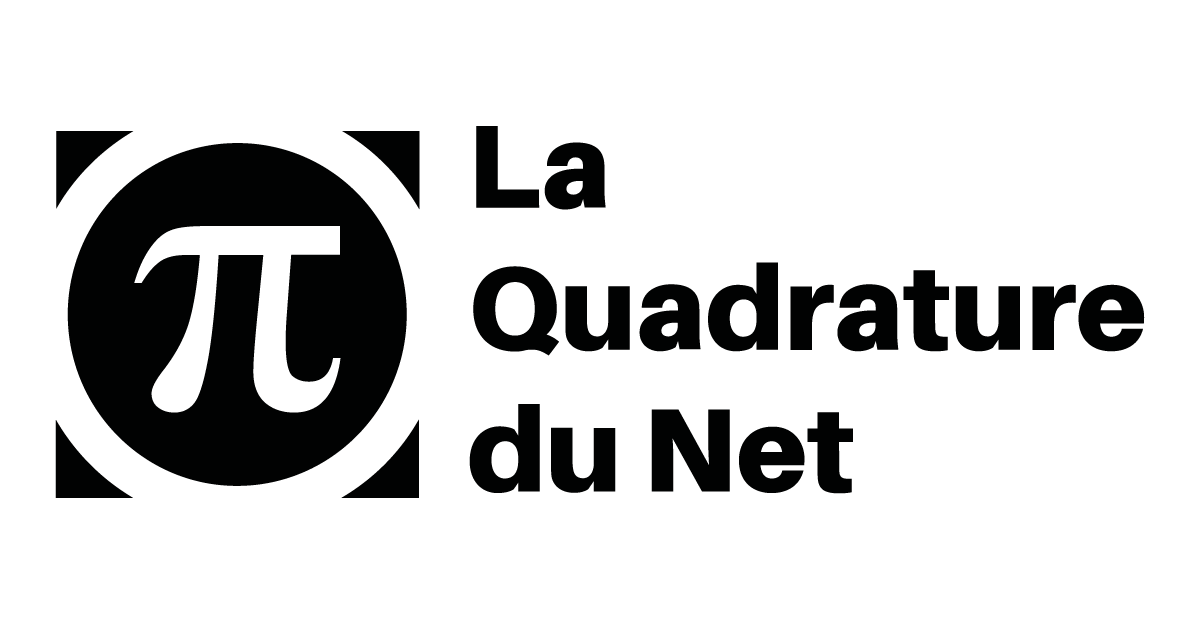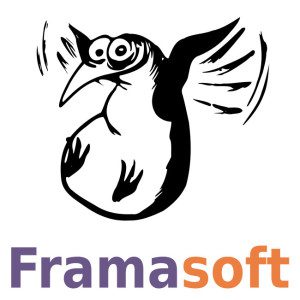Last week, I made up a basic TCP server in Python, to receive log lines. To split log lines, I used the ascii line feed ascii character : \n aka 0xa in hexadecimal.
But then I wondered : could this byte appear elsewhere in the UTF8-encoded strings of text I was sending ?
To find out, I wrote a small Python script that list all possible UTF8 characters. Here is its output:
$ time python3 utf8_iterator.py
4-bytes-max UTF8 potential characters count 2164864
4-bytes-max UTF8 decodable characters count 1112064
UTF8 characters containing the 0x0a newline byte: [b'\n']
real 0m8.003s
So, there is no other UTF8 character containing the 0x0a byte ! In fact, all 128 ASCII characters are encoded in the same way in UTF8. More important: the bytes corresponding to the 128 ASCII characters never appear elsewhere in UTF8.
Nice property isn't it ? Now go get a glance on the Wikipedia page to find out about this encoding intersting history.
The Python script is certainly not the fastest for the task, but simple enough for my need, and could be useful to write tests for Python code processing byte strings: it can generate all the 1112064 valid UTF8 code points, plus some extra invalid ones.















